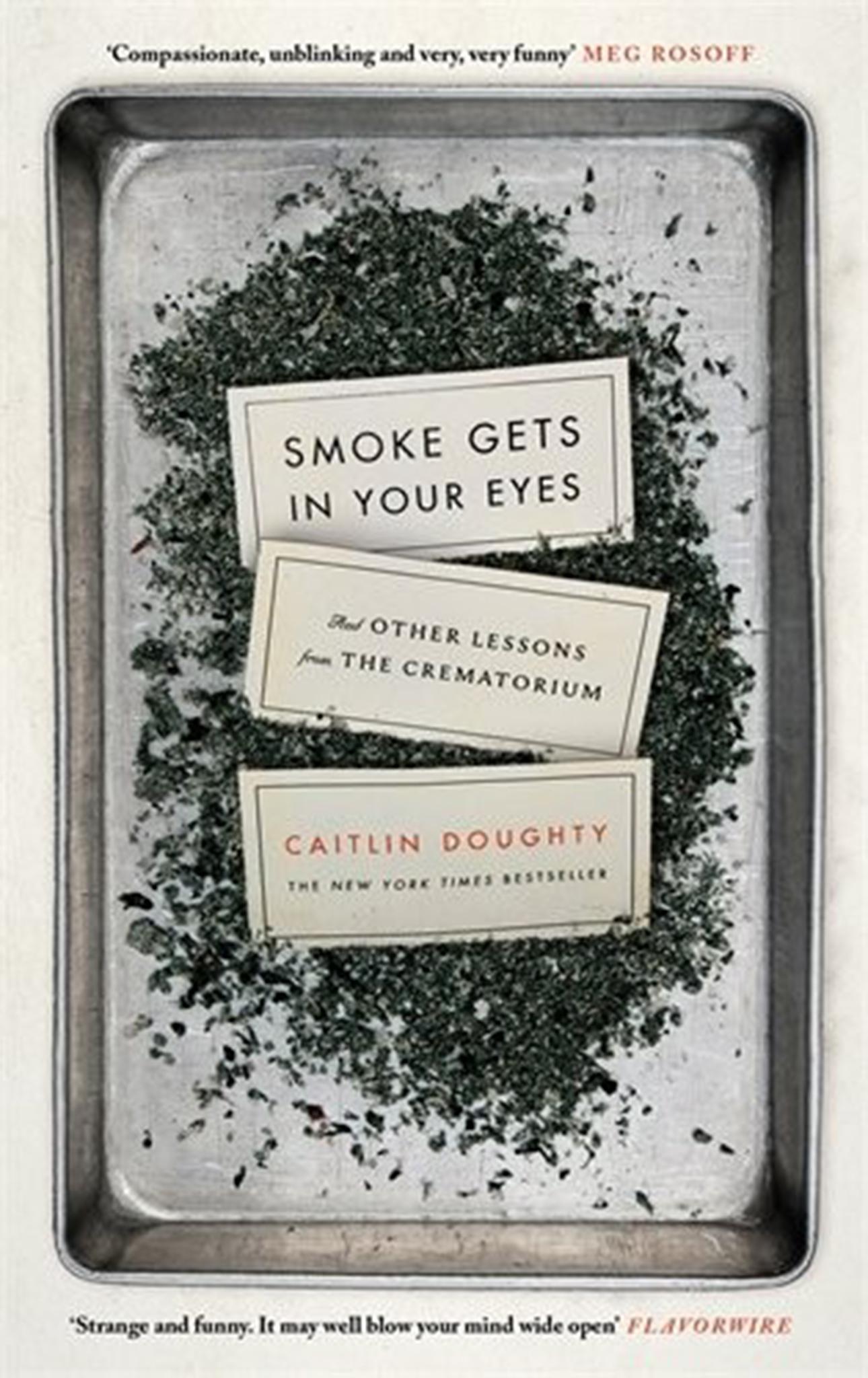
Doughty says in the book herself, “Death should be known. Known as a difficult mental, physical, and emotional process, respected and feared for what it is.” Smoke Gets in Your Eyes does just that. It makes death known. Although it demystifies the questions surrounding post mortem in the American funeral industry, it does not disenchant the naturally occurring morbid curiosity in humans. Instead, Doughty puts death in a miraculous light. It is not a thing that has to be feared, as scary as it may seem. She encourages bringing the funeral “back home” (as it was mostly done during pre-Civil War times). The narrator’s job is paradoxical: she enjoys bringing bemoaned family members a sense of peace when she leads a cremation of a loved one. Yet, working behind the curtain that is the American funeral industry becomes (unsurprisingly) depressing. She disagrees with the process of embalming, but becomes a certified mortician. These tensions in the narrator’s career are compelling, and articulate how Western culture handles death.
The narrator uses her extensive background knowledge of medieval history and other anthropological studies in order to communicate how humans have approached death over the years. What makes this book such an enjoyable, smooth read is not the fascinating historical content, but the narrator’s quick wit. Her awareness of history builds support around her one small, subjective perspective and widens the reader’s way of thinking about death– with a hearty amount of laughter.
Smoke Gets in Your Eyes draws back the curtain. It tells me everything I (didn’t think I) wanted to know about the funeral industry, and our own subliminal cultural patterns that reflect a denial of death.
The language itself is an easy and fun read, which makes it very accessible to anyone who is interested. This book is important for us, and the earth’s future. What are we going to do with the millions of corpses in the making–can we turn them into something productive and make it better for the earth? How will we go about the growing rate of elderly people if none of us want to face mortality (i.e. the astounding amount of wrinkle repair creams in the pharmacy, and so on)? How can we take more control while we are alive so that we feel in control (or safe and prepared as much as possible) when it is time for death?
Reviewed by: Lauren Sarrantonio
